
Nepal achieves increase in financial inclusion
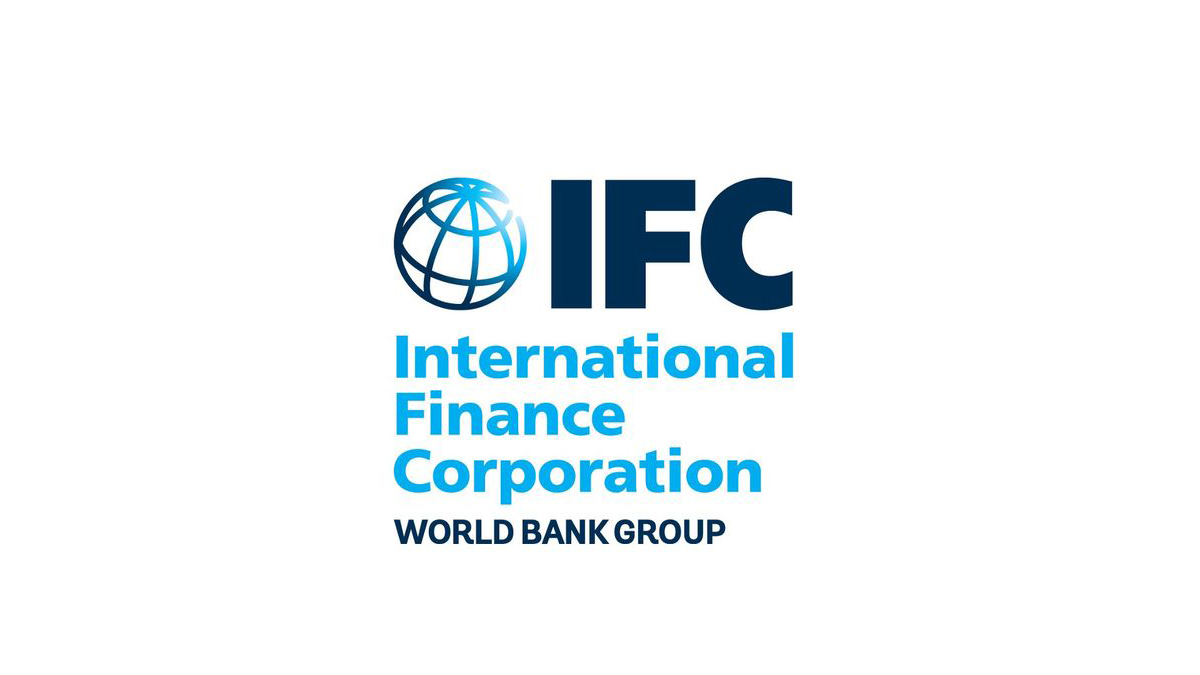
Nepal has seen significant progress in financial inclusion over the past decade, according to a new study.
The Nepal Financial Inclusion Report 2023 – prepared by the International Finance Corporation (IFC) and the UN Capital Development Fund (UNCDF) under the Access to Financial Services Nepal Project jointly implemented by Nepal Rastra Bank (NRB) and IFC – shows that overall usage of financial services is strong in Nepal, with payments via banks being the most popular service, at 75 percent.
The report also indicates a decrease in the gender gap. In 2022, the disparity between women and men with access to formal financial services had decreased to one percent (89 percent women versus 90 percent men), compared to the 2014 figures of 57 percent and 64 percent, respectively.
This is in line with the World Economic Forum’s Global Gender Gap Report, which shows that economic participation and opportunity for women in Nepal has consistently improved – from 116th in 2013 to 107th in 2021 and 98th in 2022, with an overall ranking of 96 (second only to Bangladesh in South Asia).
However, there remains a disparity in the utilization of banking services between women and men, with 79 percent of women using the services compared to 83 percent men.
The study also reveals that other formal financial service providers are strong competitors to banks, with comparative usage statistics across key services such as accounts and credit, and overtaking banks in terms of savings products.
Governor of Nepal Rastra Bank, Maha Prasad Adhikari, said, “The report indicates that considerable progress has been made in extending financial inclusion to a larger segment of the Nepali people.”
The survey reveals a strong connection between use of financial services and the target group and level of schooling, with salaried staff having the highest utilization and those without any academic education having the least. Possessing a bank account is seen as a pathway to financial inclusion, with significantly higher usage of both banking and other formal financial services being observed among those with a bank account compared to those without.
The study further explored the main impediments to the use of financial services. It was discovered that many people without a bank account either did not need one, had insufficient funds after expenditure, or did not have the necessary funds to open an account. Additionally, a lack of awareness regarding the process of opening a mobile money account, the complexity of using a mobile money platform, and the lack of access to agents or points of service were all reported as barriers.
“Financial inclusion is essential for sustainable socio-economic development,” said Babacar S. Faye, Country Representative for IFC in Nepal. “With the advancement of technology, access to finance can be made more inclusive and affordable, to the benefit of those who are unbanked or underserved, as well as the financial system as a whole.”
The study was conducted with the technical input of UNCDF, to provide indicators for the NRB’s Financial Inclusion Roadmap and Action Plan (2017-2022). It focused on usage of financial services and obtained data from a sample of 2528 adults aged 16 or older. The findings of the survey and the 2021 Nepal Financial Inclusion Making Access Possible (MAP) Refresh study by UNCDF were utilized to assess financial inclusion through the World Bank Group’s three categories: Access, Usage, and Quality.
Global Programme Advisor at UNCDF, Dr. Kameshnee Naidoo, commented that financial inclusion is essential for Nepal to achieve its Sustainable Development Goals.
“Our report shows that while there has been progress, there is still much work to be done to ensure that all citizens can access the financial services they need to create a better future. UNCDF remains committed to working with public and private sector partners to help build this future where no one is left behind in the digital era,” she added.
The Nepal Financial Inclusion Report also outlines measures to increase financial inclusion, including reforming the secured transaction registry system, enacting comprehensive legal and regulatory frameworks, improving consumer protection and financial literacy, and updating the Nepal Financial Inclusion Action Plan-2030.
Governor Adhikari and Global Programme Advisor at UNCDF, Dr Kameshnee Naidoo, had jointly launched the Nepal Financial Inclusion Report on April 28.
- Over 1,000 Fire Incidents Reported in Five Months; 16 Lives Lost
- Earthquake Safety Day: A Call for Stronger Preparedness and Resilience
- Government Ordinance Driven by Necessity, Not Intention: Minister Prithvi Subba Gurung
- Dr. Shekhar Koirala Highlights Nepal-Britain Relations and Future Aspirations at British Parliament

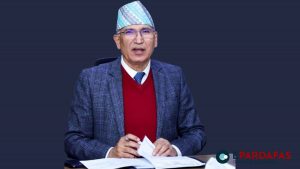


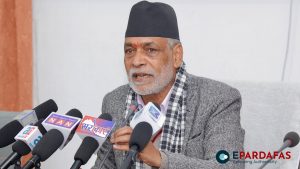
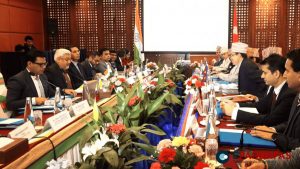

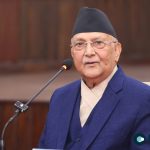




Comments